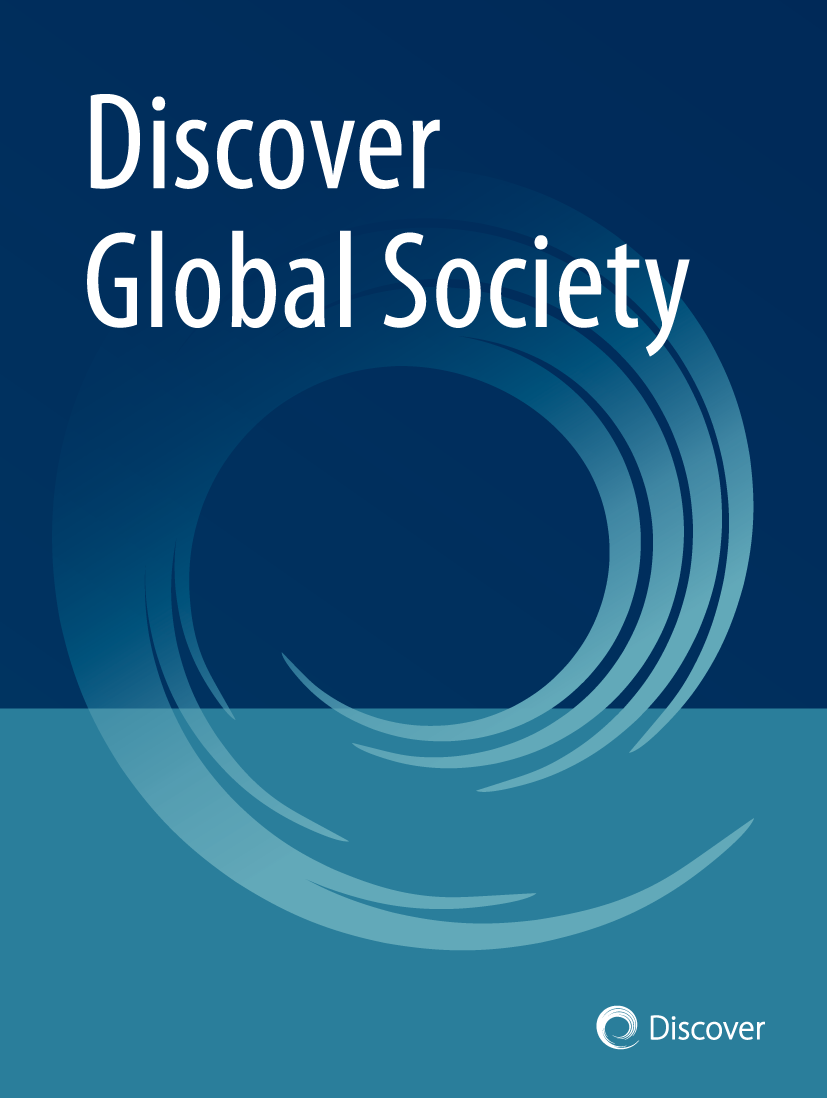Abstract
The potential for societal collapse has become a pressing concern as the impacts of climate change intensify, threatening global stability. This paper explores the multifaceted risks of collapse, emphasizing the interconnected environmental, economic, and geopolitical pressures that contribute to vulnerability. By examining historical collapses, such as those of the Roman Empire and the Maya civilization, alongside contemporary examples like Syria, Venezuela, and Yemen, the paper highlights the unique challenges of the current global crisis. Unlike past localized collapses, today’s climate crisis is unprecedented in its speed and scale, raising critical questions about the adaptability of modern societies. The study proposes adaptive strategies, including fostering local self-sufficiency, building resilient community networks, and embracing uncertainty as central to survival in a deeply altered world. It argues that while historical lessons provide valuable insights, new approaches are needed to navigate the complexities of the Anthropocene. Ultimately, the paper underscores the urgency of reimagining societal resilience to confront an era defined by profound environmental upheaval and uncertainty.
“How we could” is maybe not as important as “Should we?” and “Do we want to?”
Wow, very clear and straight to the point.
These past and modern examples indicate that surviving a post collapse would appear to involve fostering local self- sufficiency to buffer against the collapse of global supply chains, building robust community networks that can provide mutual aid, and cultivating a broad set of survival skills to respond to rapidly changing conditions. However, even with such preparations, there is no guarantee that we can adapt to all the cascading effects of a collapse aggravated by climate change. The scale of the current crisis surpasses any historical precedent, and the path forward is uncertain. Nonethe- less, by understanding the dynamics of past collapses and applying those lessons with a focus on rapid adaptation and anticipating what we may face, there is still potential to navigate the turbulent future.



